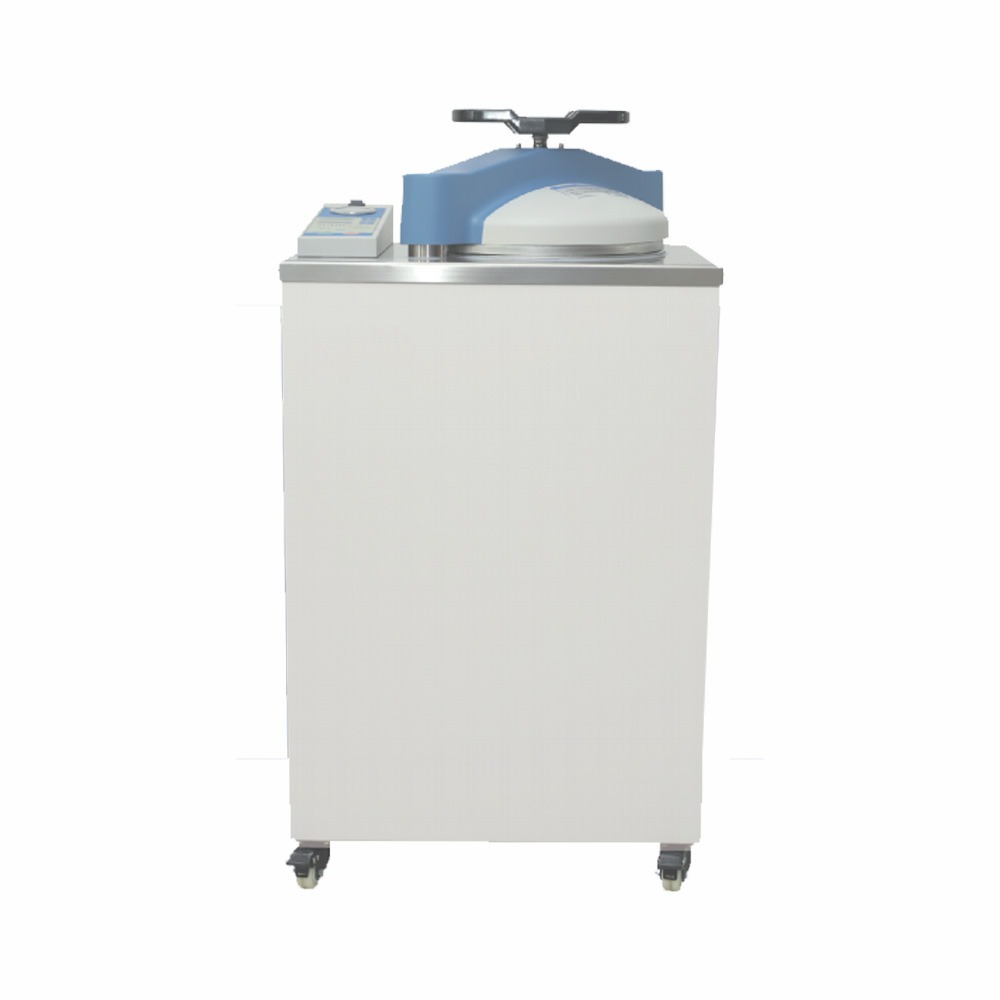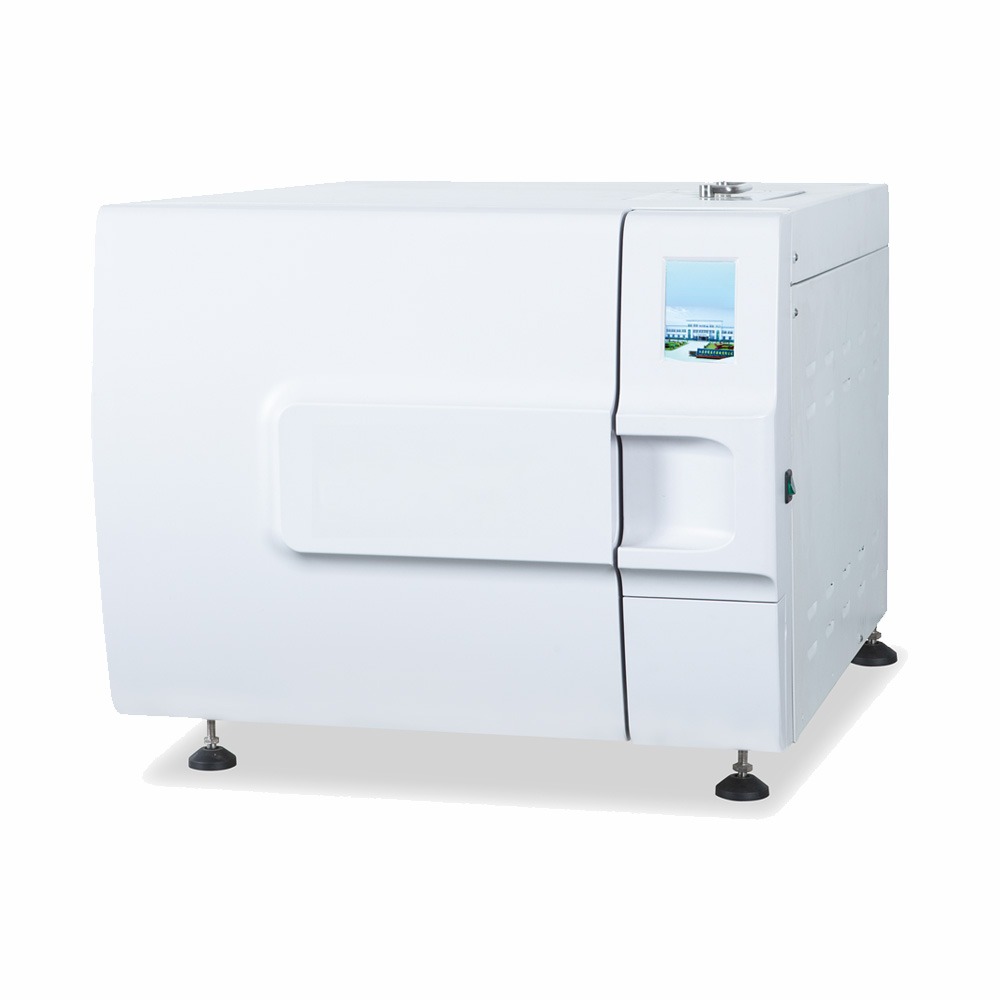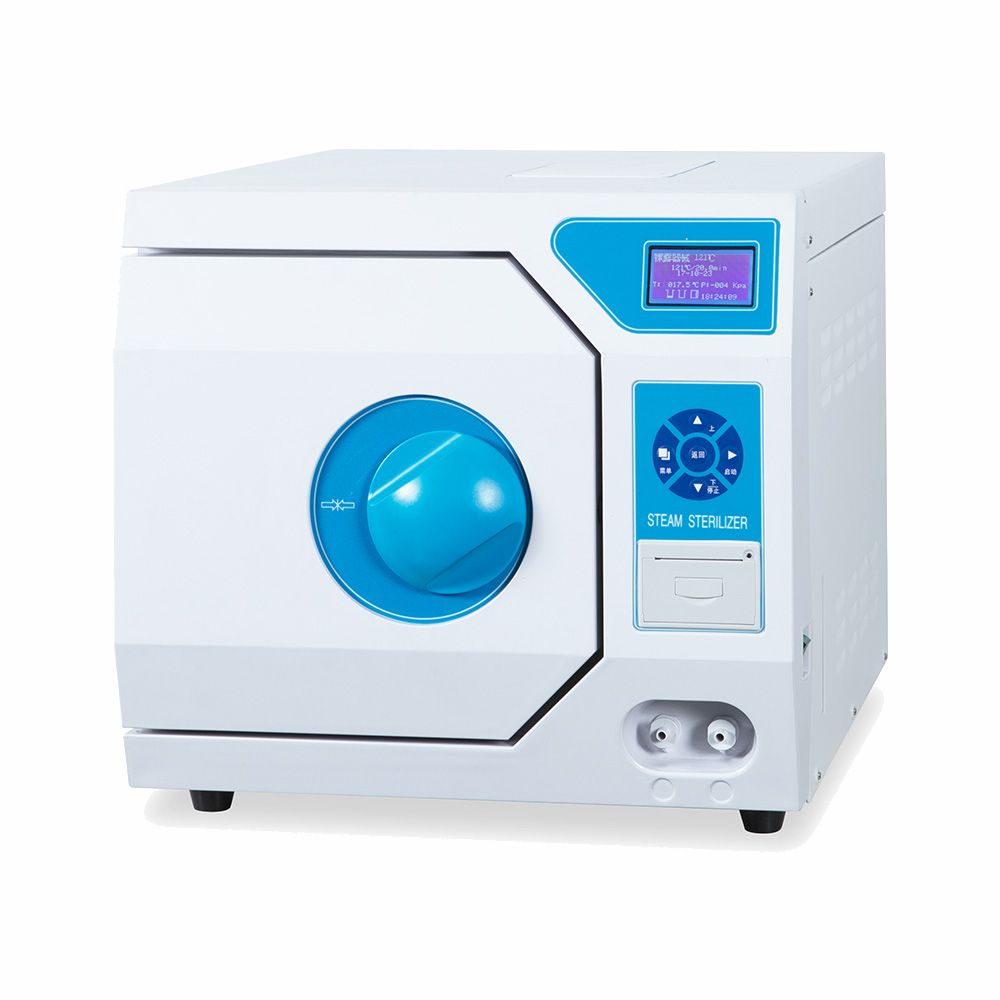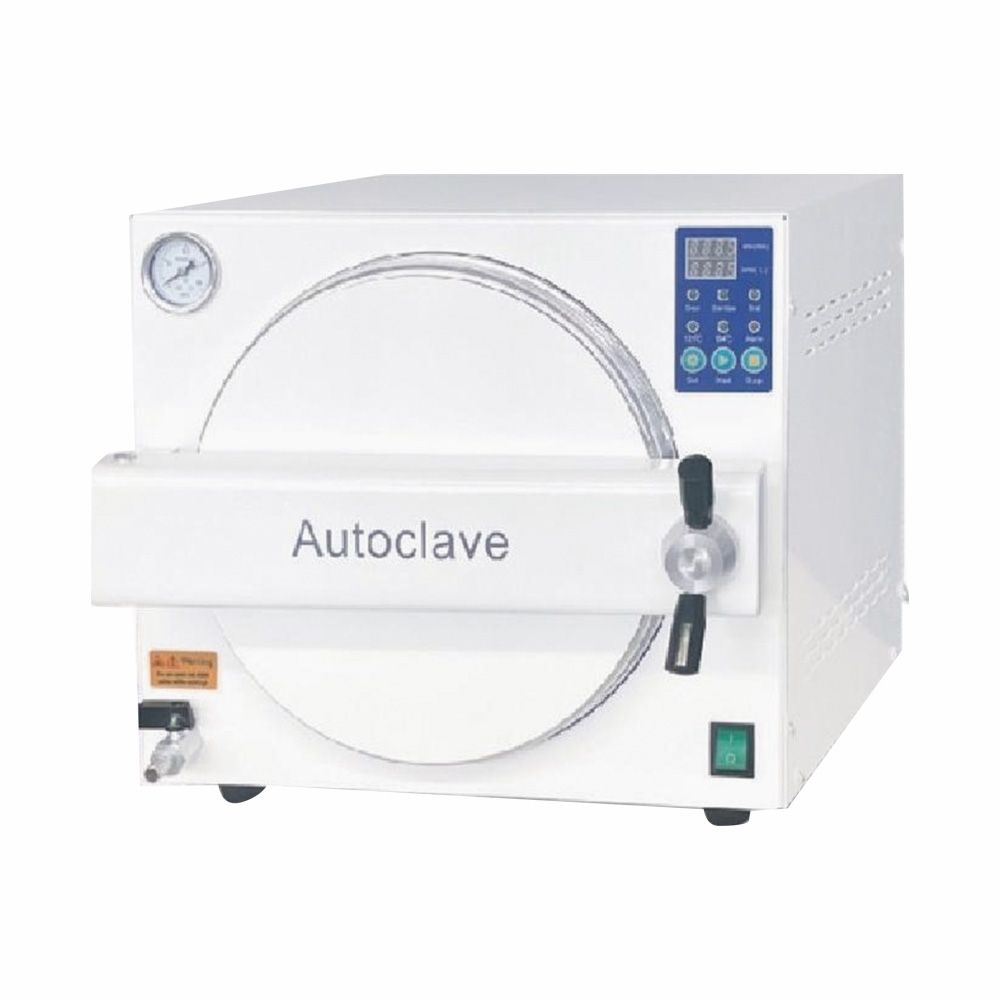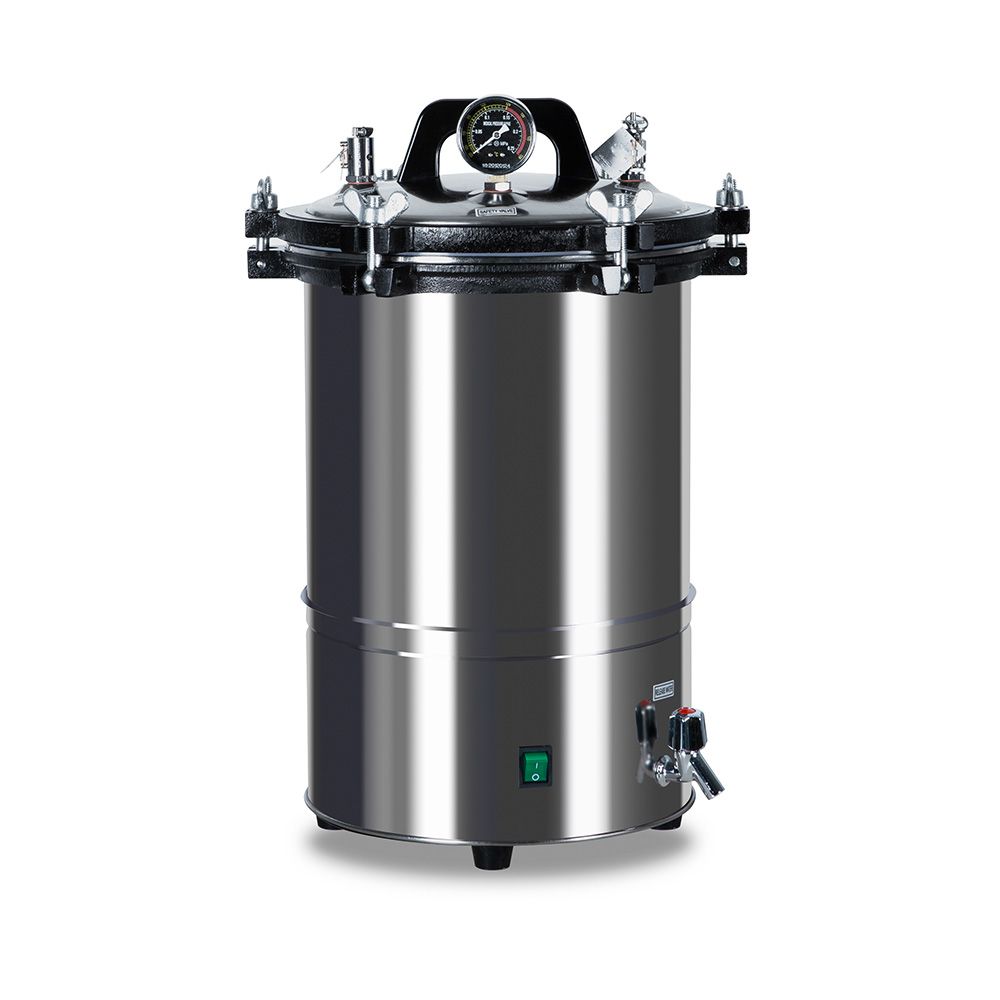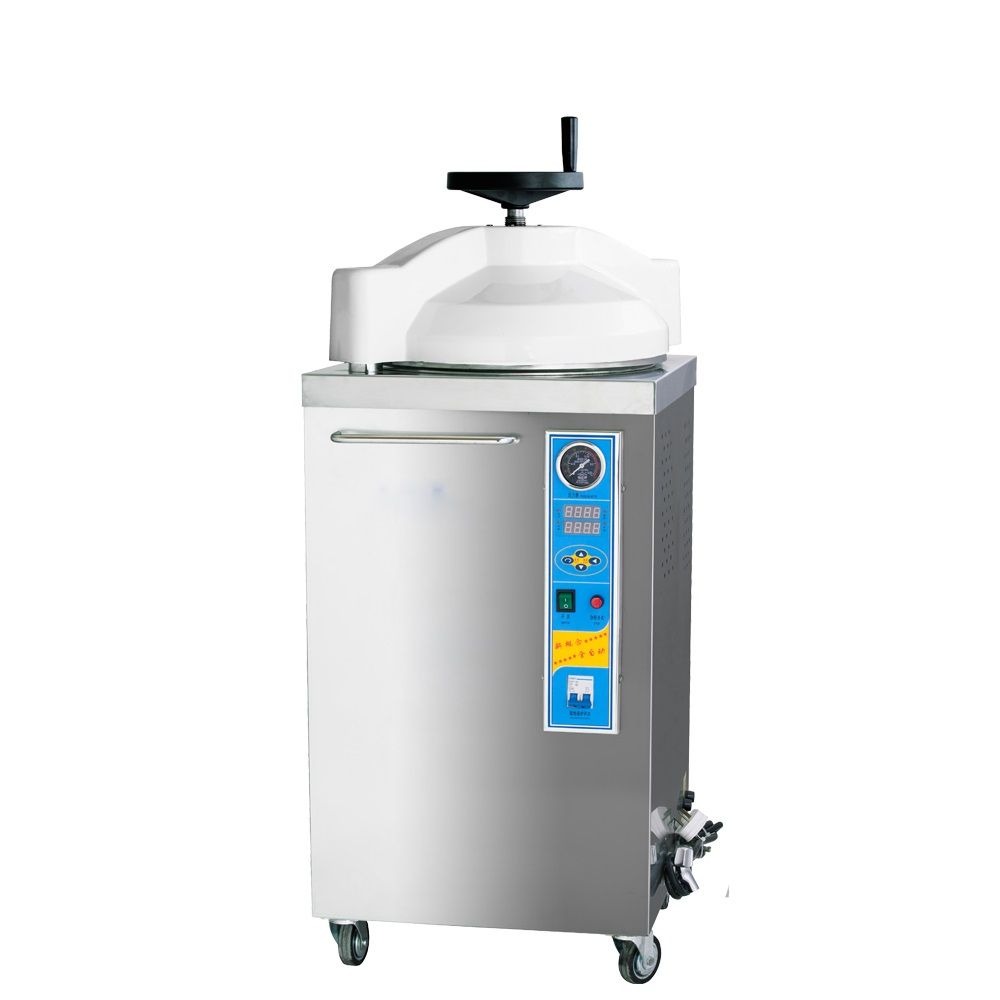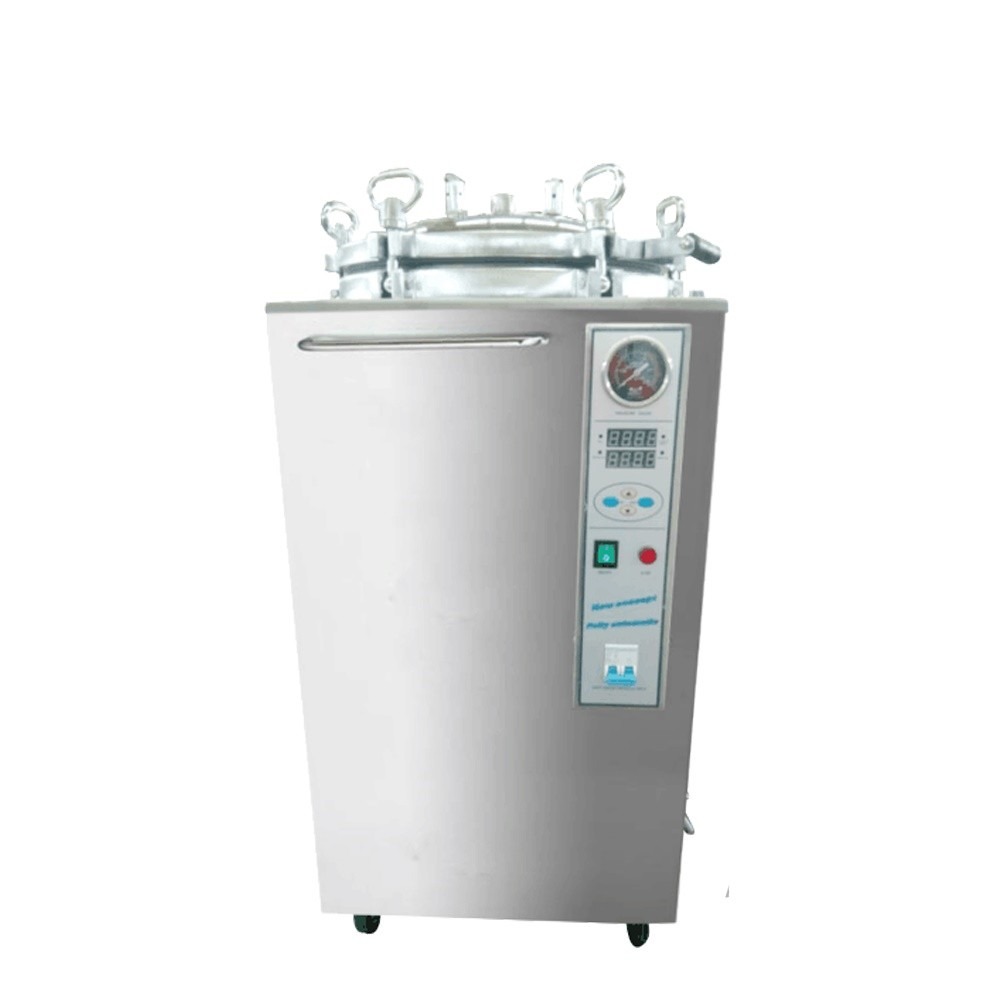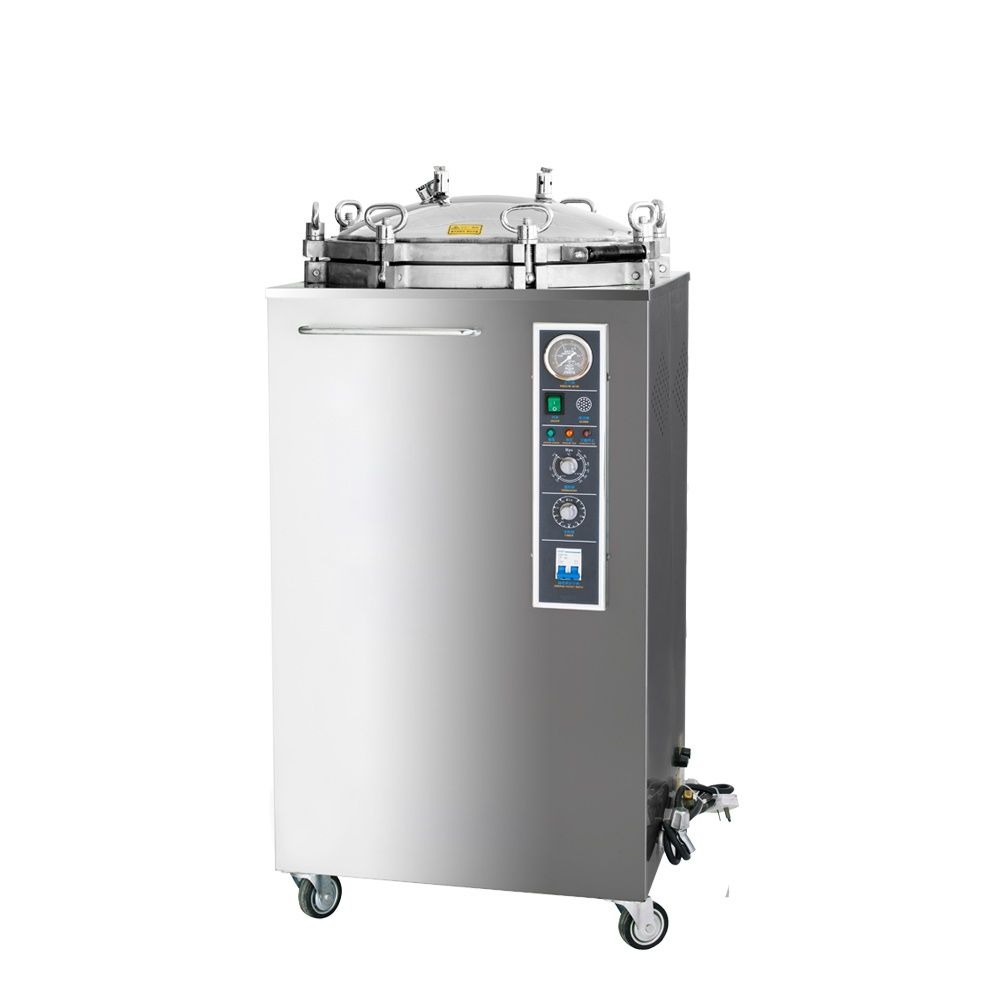An autoclave has long been a staple of the medical, scientific, and industrial industries, helping to preserve hygiene and ensure the safety of several procedures. These adaptable and dependable technologies have transformed sterilizing processes, enabling the elimination of hazardous bacteria and the prevention of contamination. In this article, we delve into what is an autoclave used for, exploring its wide applications and highlighting its significance in various industries.
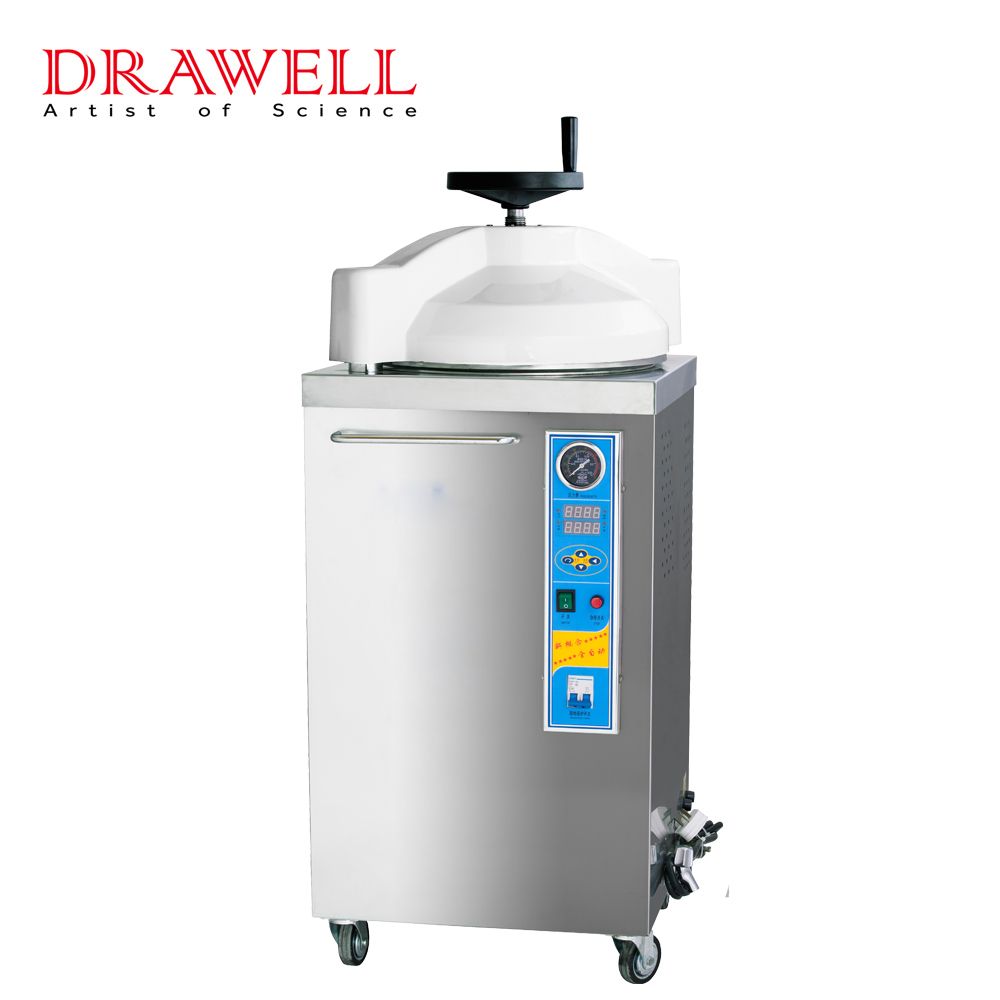
What Is an Autoclave
An autoclave is a device that sterilizes equipment, tools, and materials using high-pressure steam. It uses a mix of heat, pressure, and wetness to kill bacteria, viruses, fungus, and spores on the materials being sterilized. To achieve optimal sterilizing results, autoclaves are designed to reach and maintain specific temperature and pressure conditions.
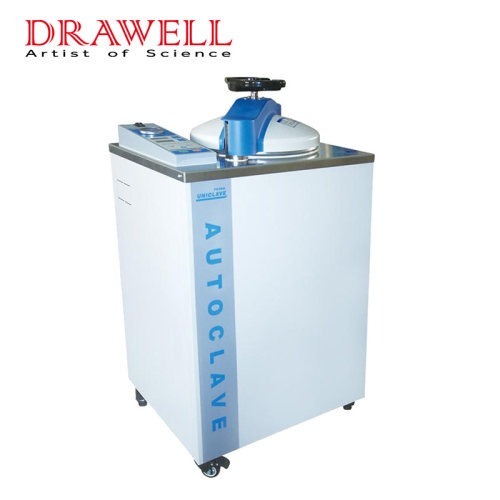
What Are the Medical and Laboratory Applications of an Autoclave?
Sterilization of Surgical Instruments
In medical facilities, autoclaves are commonly used to sterilize surgical instruments such as scalpels, forceps, scissors, and clamps. Autoclaves effectively eliminate microorganisms such as bacteria, viruses, and spores by subjecting these devices to high-pressure steam. This assures that the tools are pathogen-free and fit for use during surgical procedures, lowering the risk of postoperative infections.
Infection Prevention in Hospitals and Clinics
In hospitals and clinics, an autoclave is essential for maintaining a sterile atmosphere. They’re utilized to sterilize everything from gowns to gloves, masks, and curtains. Autoclaves assist prevent the spread of illnesses between healthcare staff, patients, and the surrounding environment by destroying hazardous germs.
Sterilization of Dental Instruments
Autoclaves are frequently used in dental offices to sanitize dental instruments and equipment. Autoclaving sterilizes dental drills, probes, and mouth mirrors to guarantee that they are free of germs, viruses, and other pathogens. This helps to keep the dental environment clean and safe, protecting patients from cross-contamination and the development of mouth illnesses.
Sterile Laboratory Glassware and Equipment
An autoclave is used in research and diagnostic laboratories to sterilize glassware such as test tubes, beakers, flasks, and pipettes. This procedure eliminates all potential impurities, providing for accurate and dependable experimental results. Autoclaves are also used to sterilize laboratory equipment such as microscopes, centrifuges, and incubators, which are essential for scientific research.
Culture Media Preparation
Autoclaves are essential for preparing sterile culture media in laboratories. Culture media, which are nutrient-rich substances used to grow and cultivate microorganisms, need to be sterilized before use to prevent unwanted contamination. Autoclaves provide a reliable and efficient method for sterilizing culture media, ensuring a sterile environment for microbial growth and analysis.
Biological Waste Management
Autoclaves are required in laboratories to prepare sterile culture media. To avoid undesirable contamination, culture medium, which are nutrient-rich substances used to grow and proliferate microorganisms, must be sterilized before use. Autoclaves sterilize culture media in a dependable and efficient manner, ensuring a sterile environment for microbiological growth and analysis.
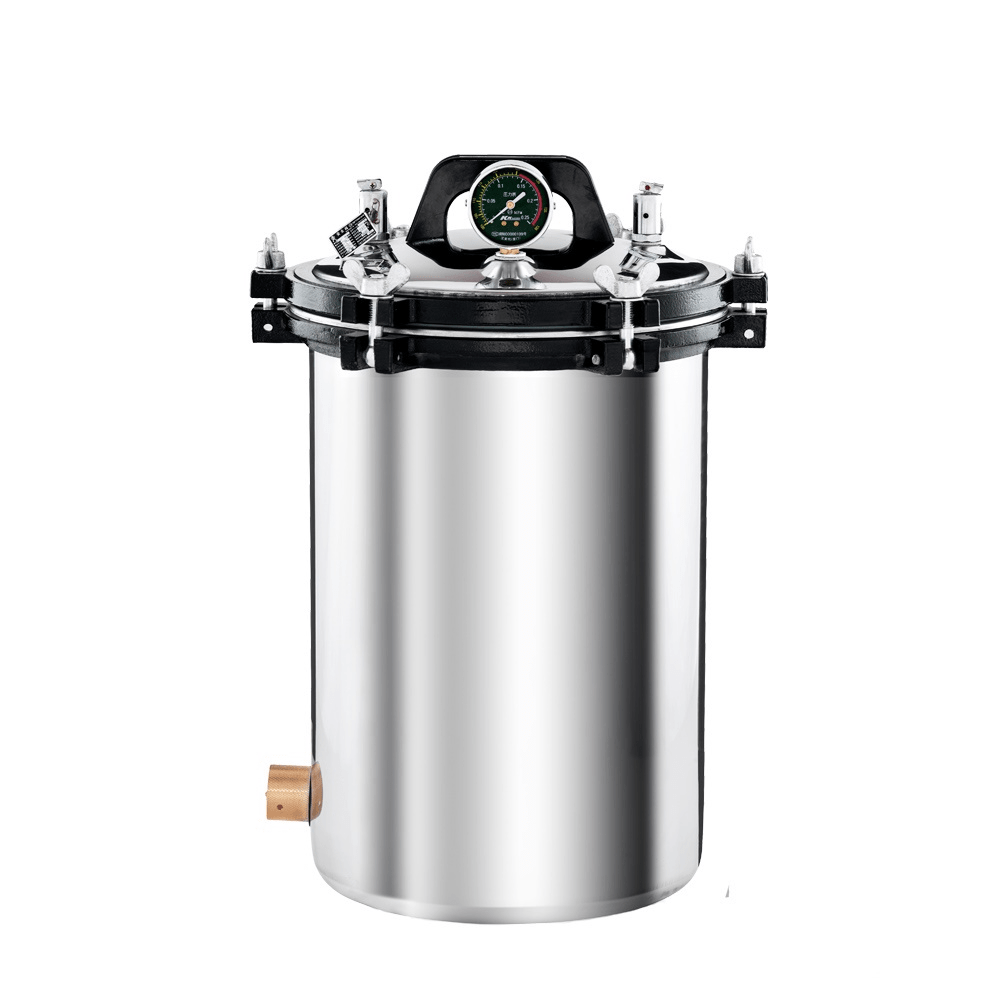
What Are the Industrial Applications of an Autoclave?
Autoclaves are used to sterilize biohazardous waste in laboratories and medical facilities. Materials such as used laboratory cultures, infected Petri plates, disposable gloves, and other biomedical waste are examples of this. Autoclaving biohazardous waste before disposal aids in the elimination of possible microorganisms, lowering the danger of infectious disease spread and maintaining proper waste management standards.
Food and Beverage Industry
An Autoclave is extensively used in the food and beverage industry for sterilization purposes. They are employed to sterilize packaging materials, such as cans, bottles, and pouches, before filling them with food and beverages. This helps to extend the product’s shelf life, ensure its safety, and prevent spoilage by eliminating potential pathogens and microorganisms.
Pharmaceuticals and Biotechnology
An autoclave is essential in the pharmaceutical and biotechnology industries. They are used to sterilize pharmaceutical equipment, containers, and packaging materials used in the production of pharmaceuticals, vaccines, and biological substances. Autoclaving ensures that these goods are free of contaminants and that the finished products are sterile and intact.
Waste Management
An autoclave is used in waste management facilities, particularly for medical waste disposal. They sterilize biohazardous things such as sharps (needles, syringes), old bandages, and other contaminated items. Autoclaving trash prior to disposal aids in the destruction of pathogens and the prevention of the spread of infectious diseases, ensuring safe and proper waste management methods.
Research and Development
Autoclaves are used for a variety of applications in research and development centers. They play an important role in sterilizing laboratory equipment such as glassware, pipettes, and containers in order to maintain aseptic conditions and produce trustworthy experimental results. Autoclaves are also employed in research and development procedures to sterilize growth media, culture vessels, and other materials utilized in the production of cells and microorganisms.
Cosmetics and Personal Care Products
Autoclaves find application in the manufacturing of cosmetics and personal care products. They are used to sterilize containers, lids, and packaging materials to ensure the microbial safety and shelf stability of these products. Autoclaving helps eliminate potential contaminants that may affect product quality or pose health risks to consumers.
Aerospace and Composites Industry
In the aerospace and composites industries, autoclaves are essential for the manufacturing of high-performance materials and components. They are used in techniques such as autoclave molding to cure and bond composite materials such as carbon fiber composites. Autoclaving composite structures under controlled temperature and pressure conditions provides optimal consolidation, strength, and quality.
Textile Industry
An autoclave is used in the textile industry for a variety of reasons, including fabric dyeing and finishing. Autoclave machines allow for the chemical, dye, and finish treatment of fabrics under high-pressure and temperature conditions, ensuring excellent penetration and fixation of the applied ingredients.
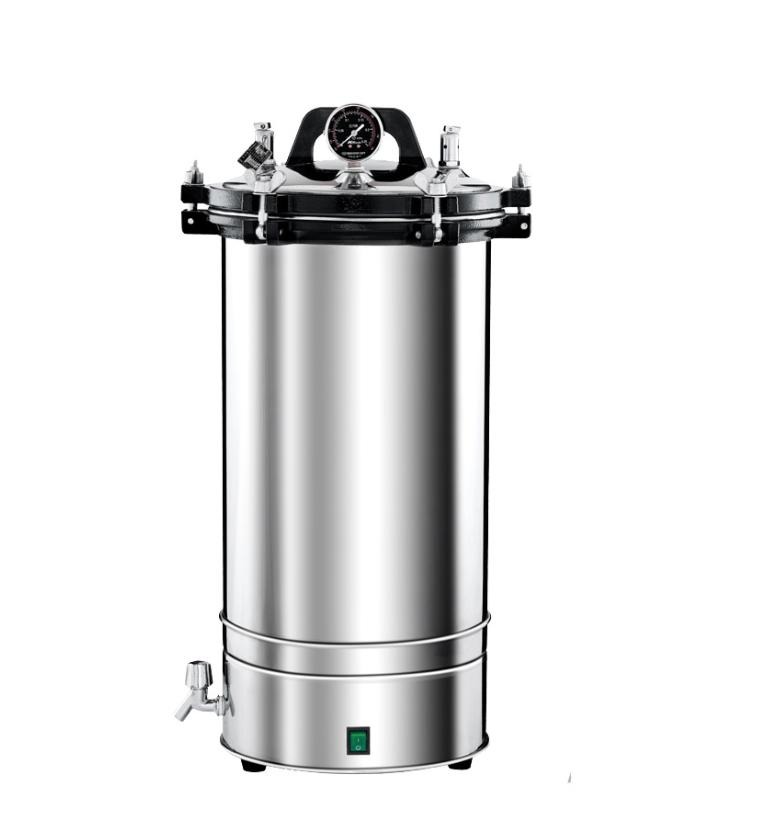
What Are the Safety and Best Practices of an Autoclave?
While autoclaves are extremely successful at sterilization, it is critical to follow safety requirements and best practices to guarantee the proper use of an autoclave.
Load Properly
Items to be sterilized should be arranged such that the steam can penetrate consistently. Overloading the autoclave can result in insufficient sterilization.
Check the temperature and pressure gauges on a regular basis to ensure the autoclave is working within the approved parameters.
Monitor Temperature and Pressure
Regularly check the temperature and pressure gauges to ensure the autoclave is operating within the recommended parameters.
Follow Manufacturer Instructions
Follow the manufacturer’s instructions for operating and maintaining the autoclave. Calibration and service are required on a regular basis to ensure peak performance.
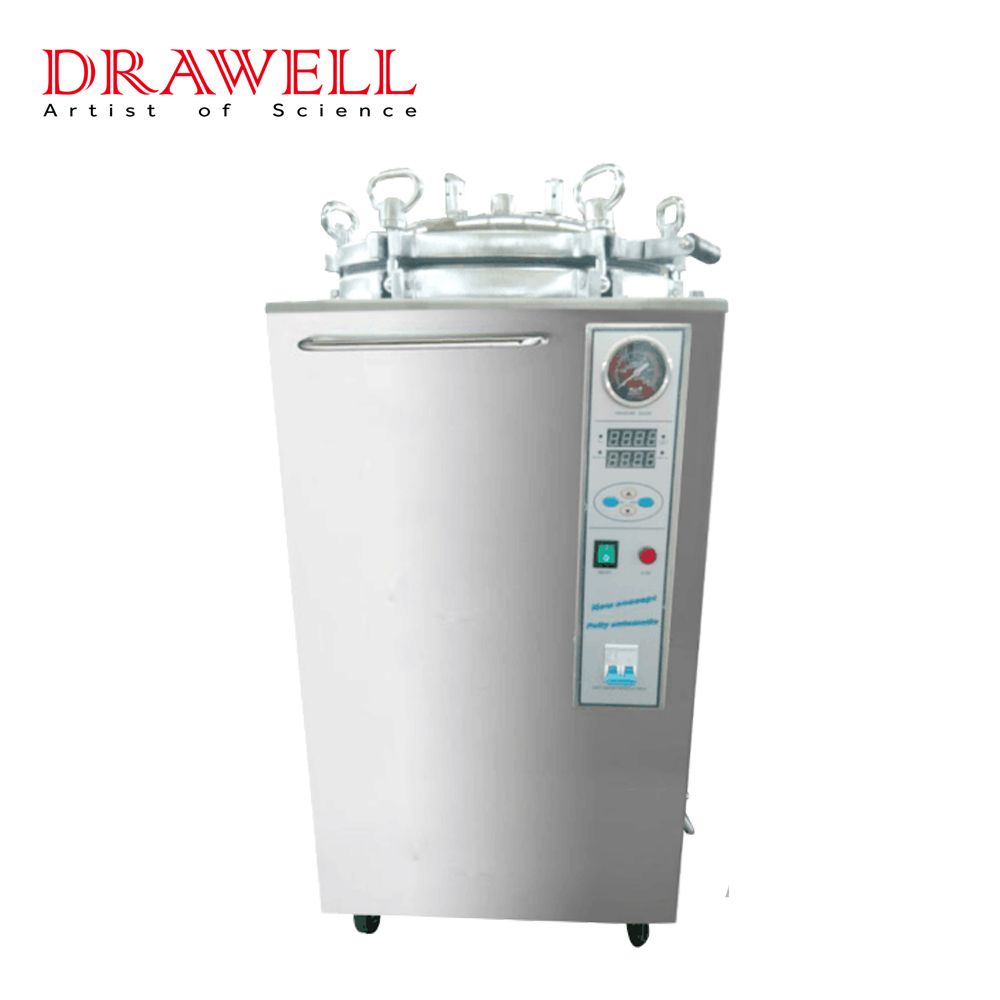
Summary
Autoclaves are a necessary tool in the medical, scientific, and industrial fields. Their capacity to sterilize equipment, devices, and materials effectively has changed industries ranging from healthcare to food.

